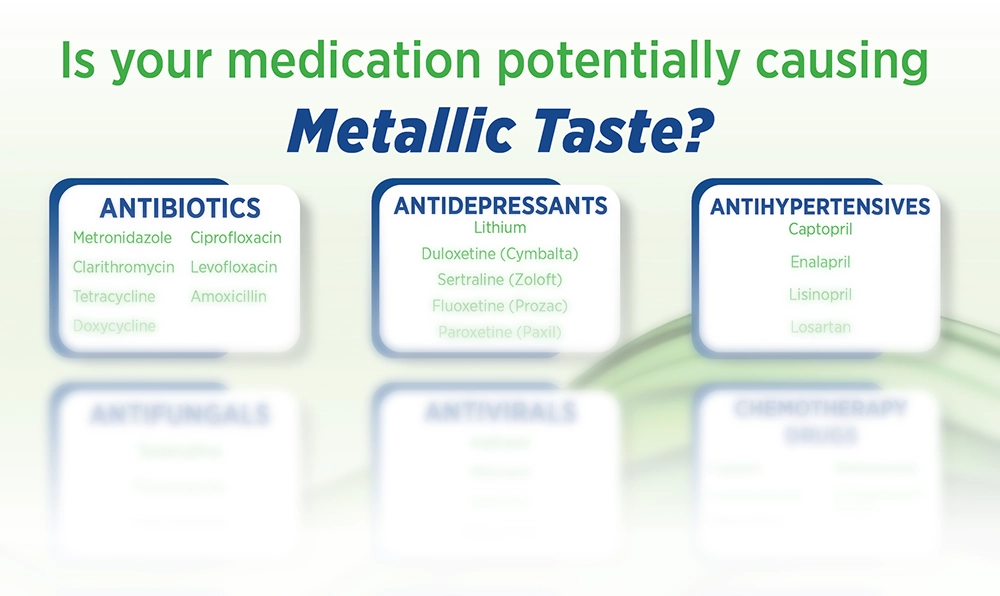
Have you ever sat down with your grandma or grandpa while they were eating, only to have them tell you that everything they bite into tastes like metal? It might seem strange to us, but it’s a real issue many elderly people face. This metallic taste is called dysgeusia, and it can seriously dampen their enjoyment of food. Now, let’s dive into the nuts and bolts of this problem and explore solutions for Treating Metallic Taste in Elderly folks.
Before we dive into the solution, we need to understand the problem. Imagine, if every bite of your favorite dish tasted like you were chewing on aluminum foil. Not pleasant, right? As we grow older, our taste buds don’t work as they used to, and sometimes, this leads to a lingering metallic taste. Dry mouth or oral infections can make this worse. It’s not exclusive to the elderly, but it’s definitely more common among them.
Believe it or not, the medication your loved one is taking could be causing this metallic taste. Many elderly people have to take a lot of medicines for conditions like high blood pressure, diabetes, and even cancer. Some of these, like chemotherapy drugs, certain antidepressants, and antibiotics, can leave that metallic taste behind.
Not getting enough of certain minerals and vitamins can lead to this metallic taste. Iron, zinc, and vitamin B12, which are all key to keeping our taste buds healthy, can be lacking in the diet of some elderly folks.
Alright, now we’ve got a handle on what might be causing this, let’s talk about ways to fix it.
If a medication seems to be causing the problem, it’s time to have a chat with the doctor. They might be able to switch it up or suggest another treatment that won’t mess with the taste buds.
Drinking plenty of water and taking good care of oral hygiene is a must. Encourage regular brushing, flossing, and use of good oral rinse (preferably alcohol-free). It can make a world of difference.
Tweaking the diet can work wonders. Food rich in zinc and vitamin B12 like shellfish, meat, and dairy, can help fill any nutritional gaps. Adding citrus fruits and acidic foods to the mix can also mask the metallic taste.
If you’ve tried all these things and nothing’s changed, or the metallic taste seems to be sticking around, it’s time to call in the professionals. Whether it’s a dentist, a nutritionist, or a doctor, getting some specialized advice could be just what’s needed to solve the issue. They’ll be able to spot any underlying issues and guide you toward the best solution for treating metallic taste in elderly folks.
To wrap up, the experience of a metallic taste in the mouth can be distressing for elderly folks, but it’s not something they just have to put up with. Understanding the causes and applying the tips above can help them kick that metallic taste to the curb, and bring the joy back to meal times.
After all, everyone deserves to enjoy a good meal, no matter their age.
